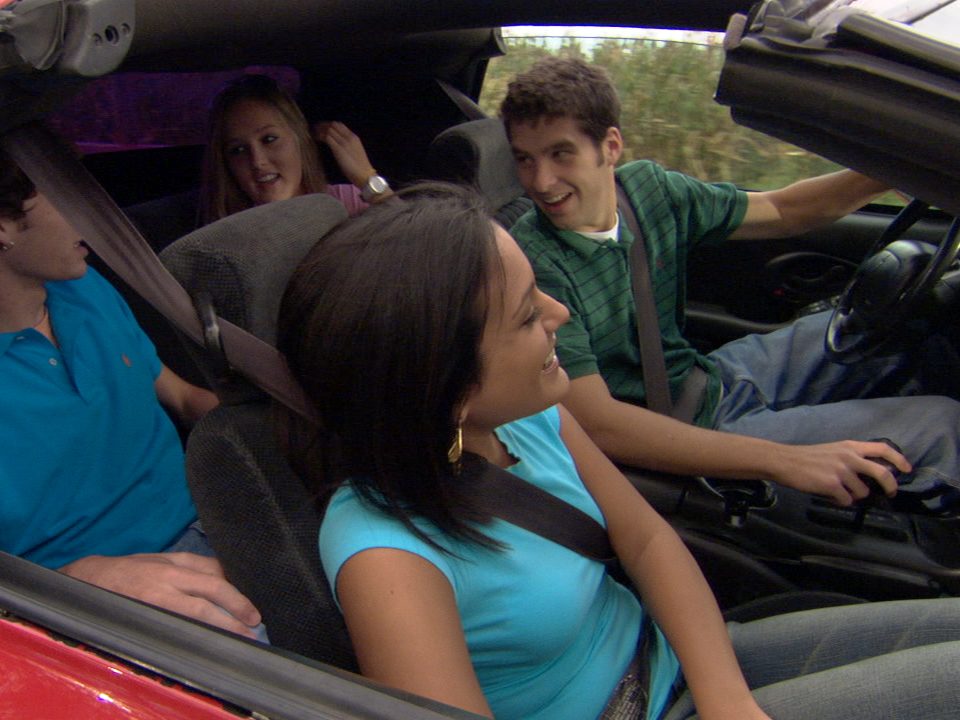- WE SAVE LIVES
- info@wesavelives.org
Presidential Task Force
President’s Message May 2013
September 16, 2016The Weaknesses with Florida’s legislation to Ban Texting and Driving
September 16, 2016Presidential Task Force
For the better part of the 20th century drunk driving was not only socially acceptable, but often viewed as a rite of passage. In 1982, over 25,000 people were killed in crashes where at least one driver had a blood or breath alcohol concentration (BAC) at or above 0.08. In 1980, WSL President Candace Lightner founded Mothers Against Drunk Drivers (MADD). MADD partnered with other traffic safety advocates to educate the public about the dangers of drunk driving and fought to pass thousands of laws addressing the problem. In 2011, less than 9,900 people were killed in crashes involving a driver with a BAC of 0.08 or higher. While we’ve seen great success in reducing the number of people killed in drunk driving crashes, we’ve done little to address drugged driving.
The Substance Abuse and Mental Health Services Administration (SAMHSA) estimated that approximately 10.6 million Americans drove under the influence of drugs in 2010. In the 2007 Nation Roadside Survey (NRS), 11% of Friday daytime drivers and 14.4% of weekend nighttime drivers tested positive for drugs (including prescription medications). These staggering figures have tragic consequences. Drugged drivers, like drunk drivers, account for a significant number of injuries and deaths. In 2009, 33% of fatally injured drivers with known drug test results tested positive. This represented an increase from 2005, when “only” 28% of them tested positive. Unfortunately, scant attention has been given to this problem. Law enforcement officers traditionally do not even test impaired drivers for drugs unless they provide breath or blood samples below the illegal limit for alcohol.
In 2010, President Obama and Director Gil Kerlikowske identified drugged driving as a national priority and endeavored to reduce drugged driving by 10% by 2015. The only way we’re going to come close to achieving this ambitious goal is to borrow a play from the MADD playbook and give the problem the attention it deserves. WSL proposes the creation of a Presidential Task Force on Drugged Driving. Such a task force, comprised of nationally recognized subject matter experts and advocates, could better describe the problem and its impact, identify effective solutions, and help develop a national strategy to address it.



